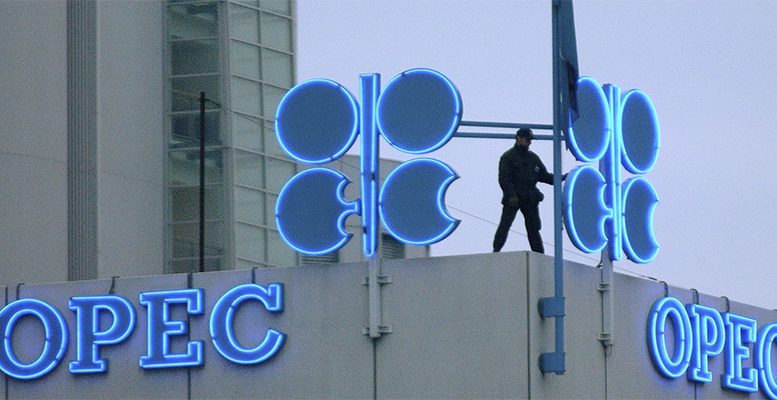Bankinter: Angola is leaving OPEC. As a reference, it produces around 1.1Mbd (OPEC+ approx. 38.5Mbd).
Opinion of the analysis team: Negative news for oil (Brent $79.4; -0.4%), which is positive for the market and the cycle.
Once again, the lack of consensus among cartel members is evident. At the last meeting they were slow to reach an agreement precisely because the main producers refused to introduce cuts. On the other hand, Brazil announced that it would join, but made it clear that it will not adopt any production cuts. OPEC+ will have to meet soon to agree on the cuts to be implemented from March onwards.
In our view, OPEC+ is likely to default on its reduction (about 5% global supply). Partly because of Russia and because smaller producers, like Angola, will not be willing to reduce their quotas. Moreover, knowing actual production data will be increasingly complex because of uninsured vessels and bilateral agreements, including Russia and China. In recent months we have witnessed a fall in oil prices driven by fears of an escalation to third countries, such as Iran, in the conflict in Israel that has moderated, slowing global demand, weak Chinese economic data and the lack of influence of OPEC. In our opinion, the trend will be for a long-term fall in prices because economies are becoming more efficient, which means less need for crude oil, because of the rise of renewable energies and because of the weakness of the economy, particularly China





